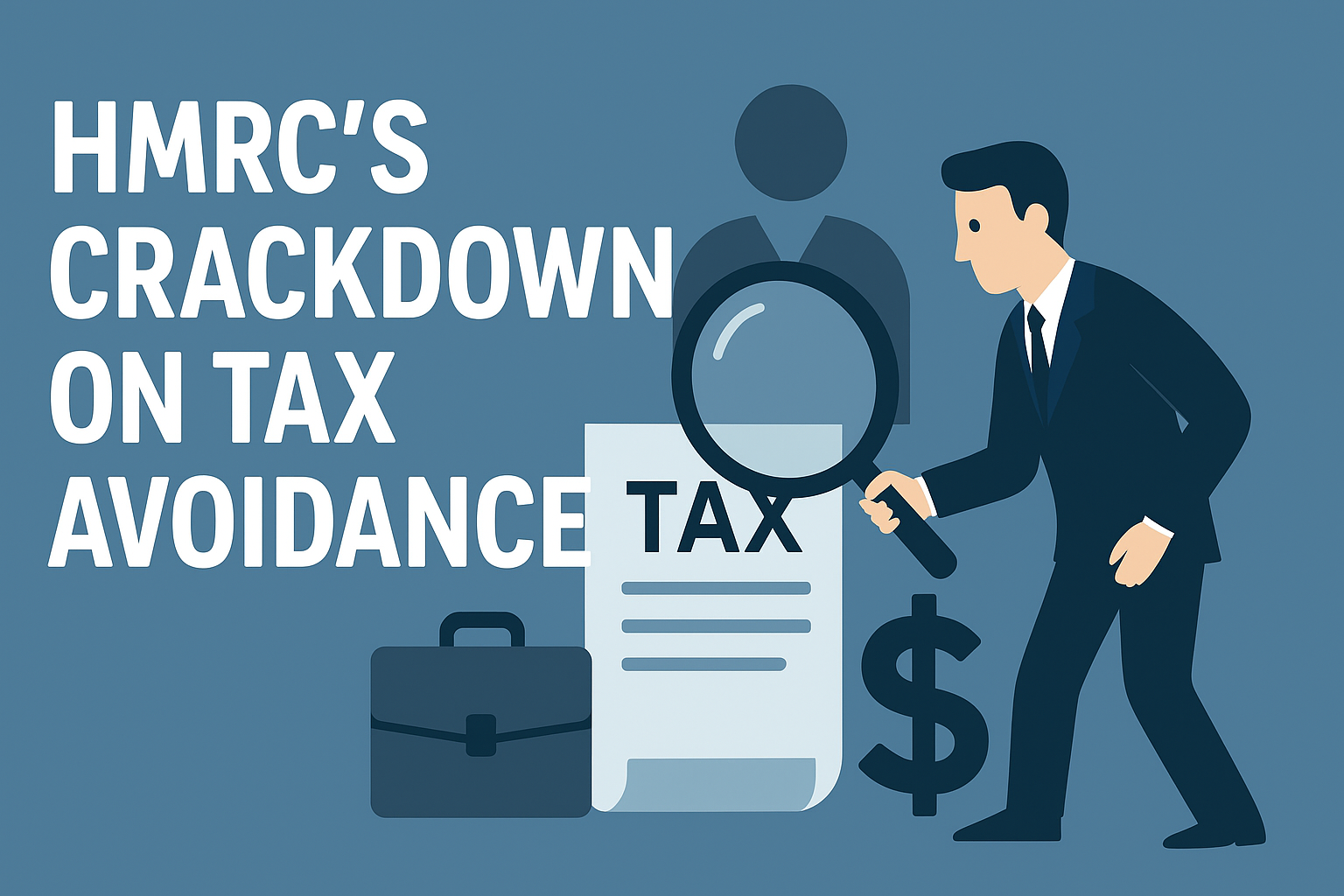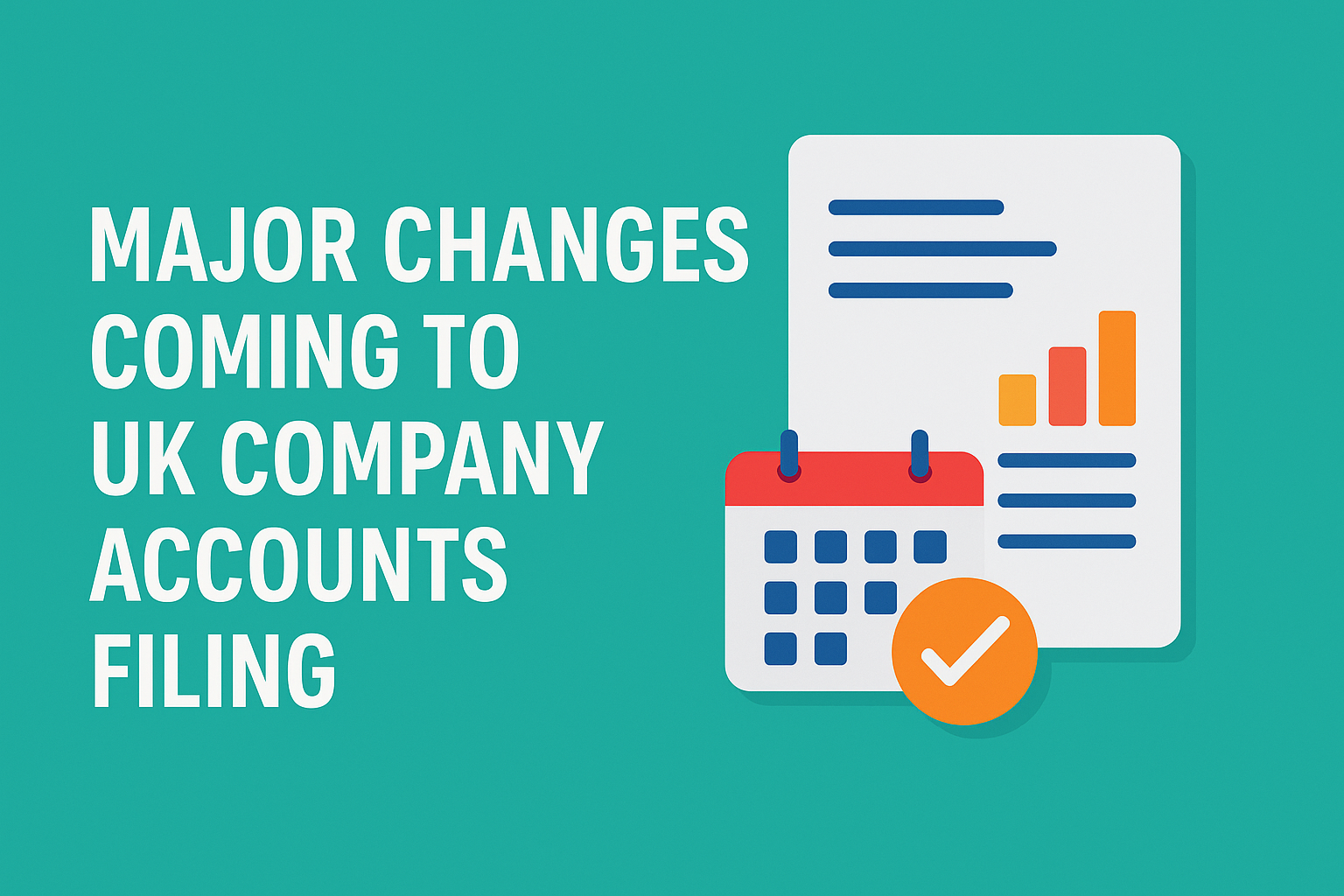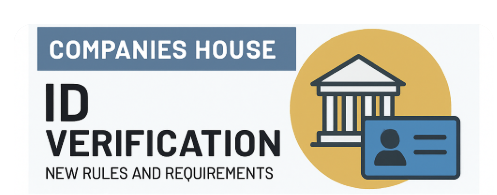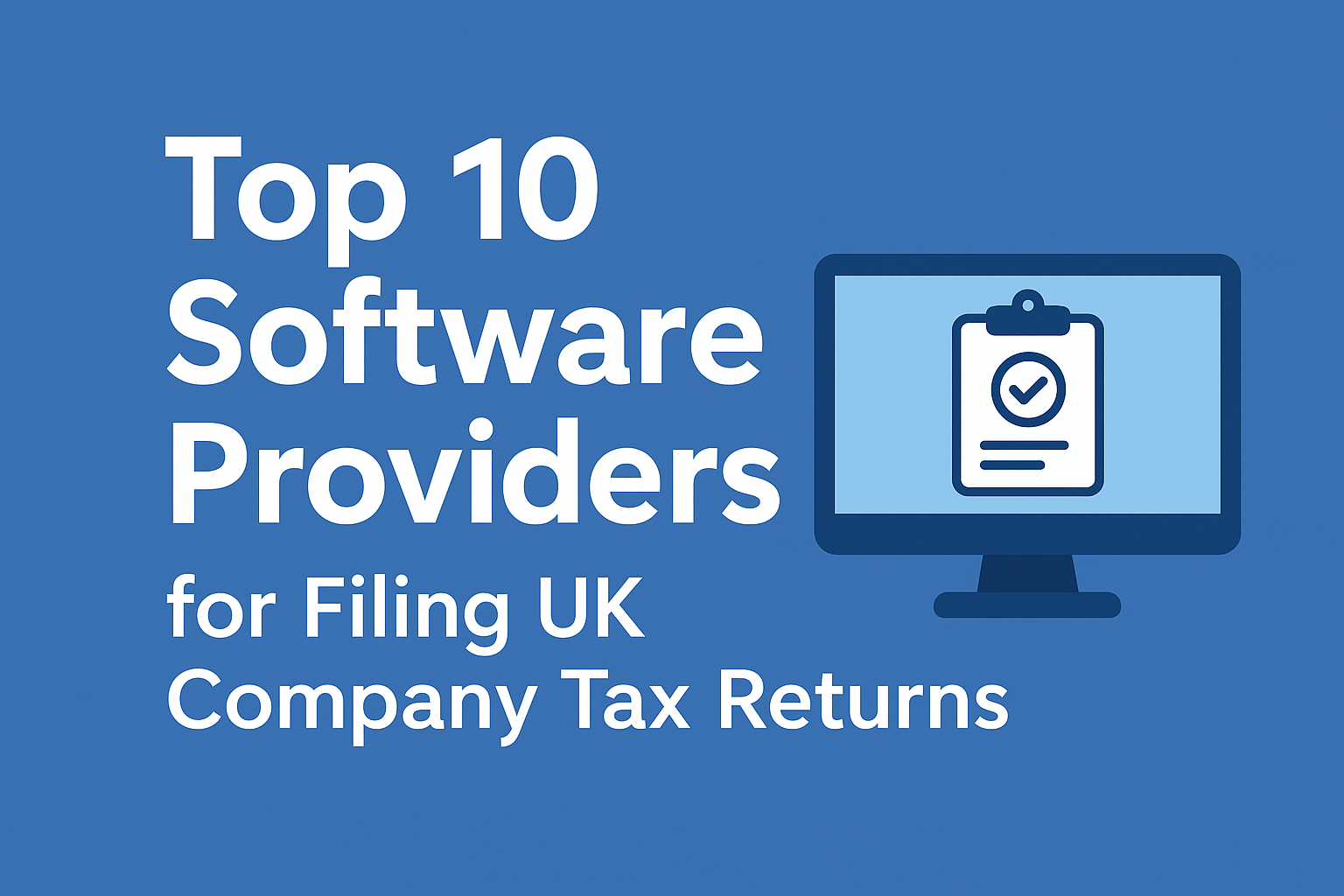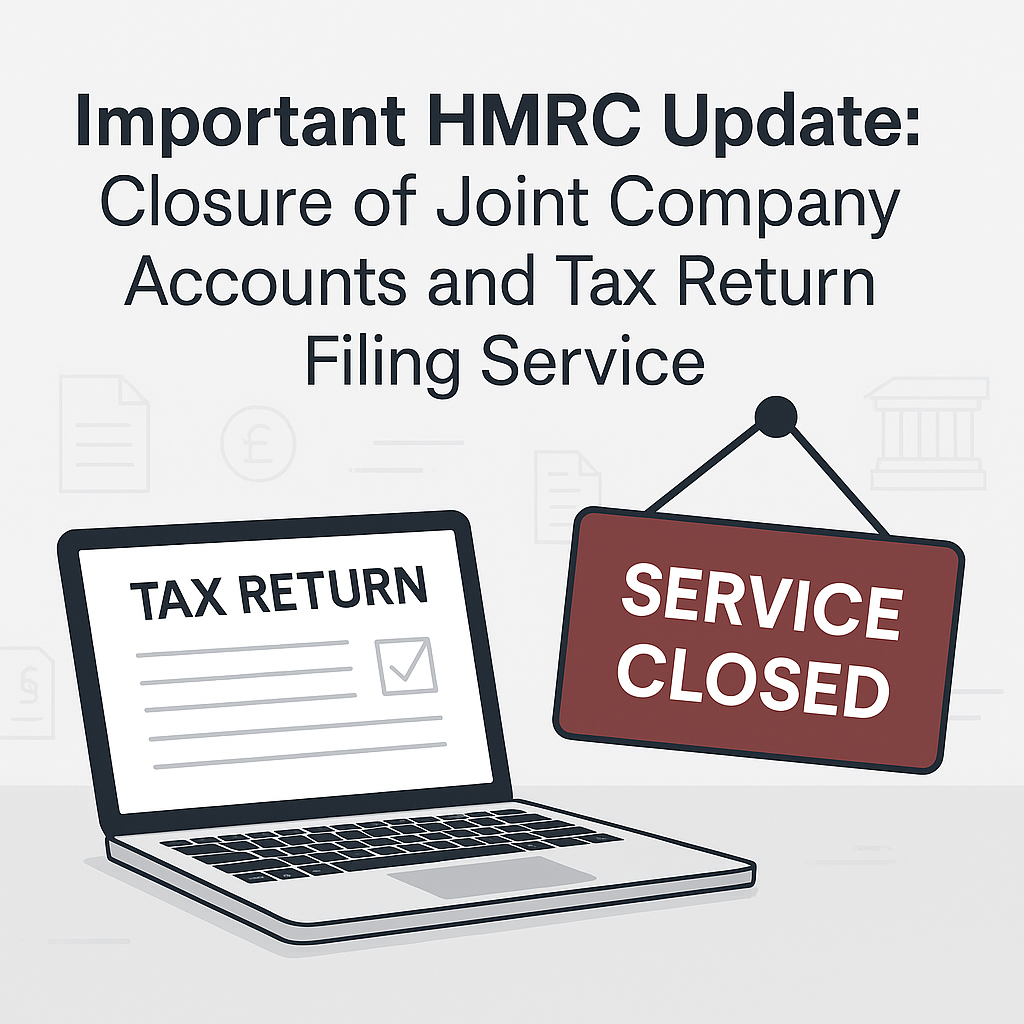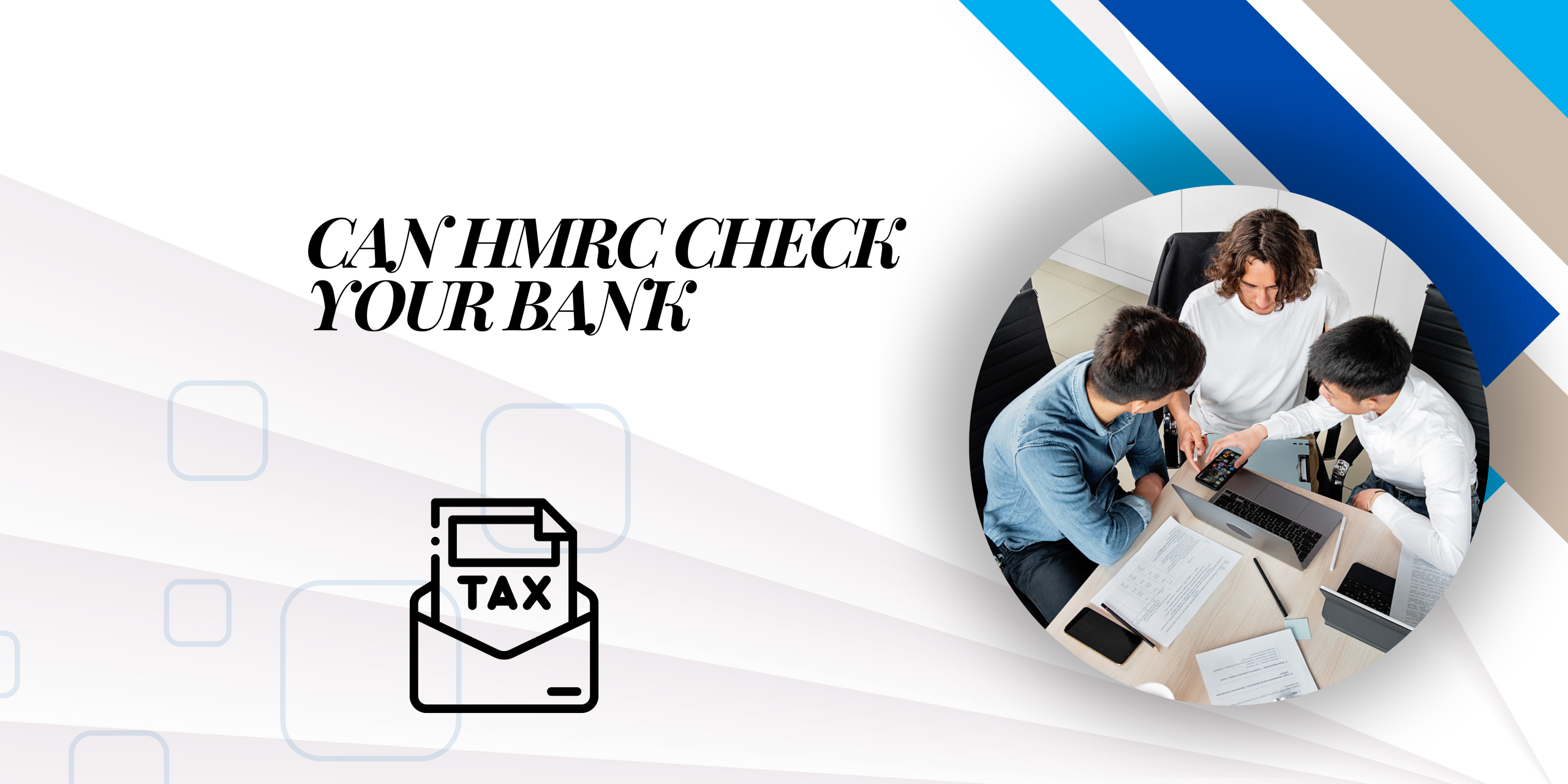Filing your Self Assessment tax return on time isn’t just good practice – it’s essential for avoiding potentially costly penalties from HMRC. Whether you’re self-employed, a company director, or earning untaxed income, understanding the consequences of missing deadlines is vital for keeping your finances on track.
In this blog post, we’ll break down the key HMRC penalties for late tax returns and late payment, so you know exactly what to expect – and how to avoid them.
✅ Updated Filing and Payment Deadlines
To begin, here’s a quick overview of the key Self Assessment deadlines – and how they’ve changed:
| Task | Previous Deadline | Current (2025 onwards) |
|---|---|---|
| Paper tax return | 31 October | No change |
| Online tax return | 31 January (following tax year) | 31 January (No change) |
| Tax payment due | 31 January | 31 January (No change) |
| 1st payment on account | 31 January | 31 January (No change) |
| 2nd payment on account | 31 July | 31 July (No change) |
Note: While deadlines remain unchanged, HMRC’s enforcement and penalty structure has been updated to encourage early compliance and reduce unpaid tax.
❓ Why Might You Get an HMRC Penalty?
HMRC penalties aren’t just for people who don’t pay their taxes — they can apply for a range of reasons, even if you think you’ve done everything right. Here are the most common reasons you might receive a Self Assessment penalty:
| Reason | What Happens |
|---|---|
| Missing the filing deadline | Automatic £100 fine, plus increasing penalties if delayed further |
| Missing the payment deadline | 5% of unpaid tax charged after 30 days, plus interest |
| Submitting an inaccurate return | HMRC may issue penalties of up to 100% of the underpaid tax |
| Failure to notify HMRC of taxable income | If you earn income not taxed at source and don’t report it |
| Deliberate tax evasion | Severe penalties or legal action, including prosecution |
| Not keeping accurate records | Fines can apply if you can’t support figures in your return |
| Repeated late submissions | Higher penalties or being flagged for compliance review |
Common Situations That Trigger Penalties
-
Forgetting to file because you thought you earned too little
-
Assuming an accountant submitted your return (when they didn’t)
-
Banking delays causing missed payment deadlines
-
Not realising you need to file after leaving full-time employment
-
Not registering for Self Assessment after starting freelance work
💸 New vs. Old HMRC Penalties for Late Filing
HMRC introduced a points-based penalty system for Making Tax Digital (MTD) filers, but Self Assessment taxpayers still face fixed penalties — and they add up fast.
Here’s a comparison of the old vs. current (2025) penalty structure:
| Late Period | Old Penalty | Current (2025) Penalty |
|---|---|---|
| 1 day late | £100 flat fine | £100 flat fine |
| 3 months late | £10 per day (max £900) | £10 per day (max £900) |
| 6 months late | £300 or 5% of tax due | £300 or 5% of tax due (whichever is higher) |
| 12 months late | Additional £300 or 5% of tax due | Up to 100% of tax due in serious cases |
⚠️ New Focus: HMRC has announced increased enforcement, especially for those repeatedly filing late or ignoring reminders.
💰 New vs. Old Penalties for Late Tax Payment
Not only does HMRC penalise you for late returns, but also for late payments. Here’s a breakdown:
| Time After Deadline | Old Penalty | Current (2025) Penalty |
|---|---|---|
| 30 days late | 5% of unpaid tax | 5% of unpaid tax |
| 6 months late | Additional 5% | Additional 5% |
| 12 months late | Another 5% | Another 5% |
| Daily interest | 2.75% – 3.5% (variable) | Current HMRC rate: ~7.75% APR (variable) |
💡 HMRC interest rates are now much higher due to base rate rises. Paying late is more costly than ever.
🛑 Can You Appeal a Penalty?
Yes, but only with a reasonable excuse, such as:
-
Serious illness or bereavement
-
HMRC’s online system not working
-
Natural disasters or postal strikes
You must file the appeal promptly and provide evidence.
Setup a Free Consultation
✅ Tips to Avoid HMRC Penalties
- Keep accurate records throughout the year
- Set calendar reminders for key deadlines
- Use accounting software or hire an accountant
- File early to avoid last-minute stress
- Budget ahead for any tax owed – especially if you’re required to make payments on account
📌 Final Thoughts
Filing late or missing payments doesn’t just invite fines — it also adds stress and interest charges you could easily avoid.
In 2025, HMRC is taking a stricter approach to compliance. But with proper planning, you can stay ahead and keep your finances in good standing.
Need help with your Self Assessment or company tax return? Contact us today for expert, affordable support.


